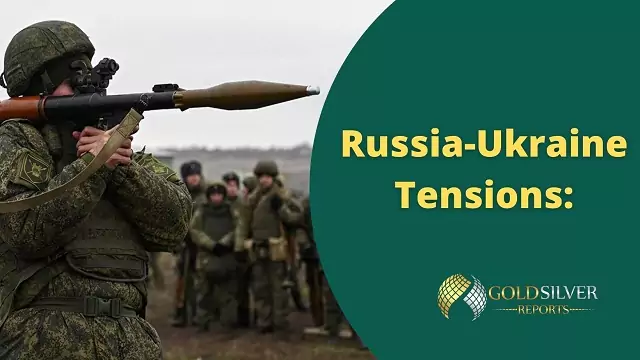Zelensky acknowledged that Trump wants to end the war, but stressed that a “fair” and “lasting” solution should be preferred to a hasty peace that would benefit Russia. “I think Trump really wants a quick decision,” Zelensky said. “He wants this war to end, but a quick solution could mean losses for Ukraine.”
- Bandhan Bank share price are down by -1.02%, Nifty down by -0.14%
- Gold price today: Yellow metal declines after Fed cuts rates by 25 bps
- MCX Gold Price Hit 77,450, Full Target Hit
- MCX Silver Hit 1725 Points, Full Target Hit
- Federal Reserve ready to cut interest rates by 25 basis points
Speaking at the press conference, Zelensky also responded to calls from Hungarian Prime Minister Viktor Orban, who has previously advocated for an immediate ceasefire between Russia and Ukraine. Orban’s comments reiterated suggestions for an immediate end to the conflict, but Zelensky was firm in his opposition.
Zelensky stressed that previous ceasefire attempts, especially in 2014, had caused significant damage to Ukraine, including Russia’s annexation of Crimea and the ongoing conflict in eastern Ukraine. He pointed out that the lack of enforcement mechanisms for such ceasefire agreements has left Ukraine vulnerable to further Russian aggression.
“A ceasefire without proper guarantees is not peace; it is preparation for ruin,” Zelensky said.
“I heard that it is better to implement a ceasefire and then, ‘we’ll see’,” Zelensky said, referring to Orban’s comments. “[A ceasefire] was tried in 2014. We tried to reach this ceasefire and we lost Crimea and then we had a large-scale invasion.”
He also warned against proposals from foreign leaders who have not experienced the war first-hand and may not fully understand the risks involved. He specifically mentioned proposals from countries such as Brazil, China and Russia, which have called for a ceasefire but have failed to offer any credible plan for Ukraine’s security.
Zelensky’s remarks came amid ongoing discussions about how best to end the conflict, which has now entered its second year.
As part of his broader diplomatic efforts, the Ukrainian president has sought stronger support from NATO and Western allies to counter new threats, including the involvement of North Korean troops in Russia’s military operations against Ukraine.
In a separate development, Zelensky raised the issue of North Korea’s involvement in the war, revealing that Russia had deployed more than 7,000 North Korean troops to assist in the fighting. He said these soldiers were equipped with advanced weapons, including mortars, sniper rifles and RPGs, and were receiving training at military bases in Russia’s Far East. Zelensky also pointed to the growing militarisation of the conflict, saying North Korean forces, alongside Russian troops, are now operating near Ukraine’s border.
Zelensky called for a strong response from NATO to deal with the growing threat posed by North Korea’s involvement. He also reiterated Ukraine’s need for authorisation to use long-range weapons against military targets in Russia, especially when North Korean troops are deployed close to the front line. However, Zelensky acknowledged that Ukraine cannot take such action without the approval of Western allies, including the United States and the United Kingdom.
“We know where the North Korean forces are. But we cannot attack them without the necessary weapons and the permission of our allies,” Zelensky said.
Meanwhile, US President-elect Donald Trump has reiterated his promise for a quick resolution to the war and claimed that he could end the conflict within 24 hours of a meeting with Russian President Vladimir Putin and Zelensky.
Trump’s stance on the war has changed over time. In an October 17 interview, he criticized Zelensky for allowing the war to escalate, blaming the Ukrainian leader to some extent for not stopping the conflict. However, Trump has expressed sympathy for the Ukrainian people and reiterated that he wants to help them despite his criticism of Zelensky’s actions.
Trump, who was re-elected as president this week, announced plans to contact both Zelensky and Putin on the night of November 5 if he wins the election. He stressed that his goal would be to start peace talks aimed at ending the war as soon as possible.
“We’ll start working on it as soon as we win,” Trump said. “I’ll call Putin. I’ll call Zelensky. I’ll say, ‘We’ve got to stop this.'”
As the war continues, Zelenskyy is focused on securing continued support and military assistance from Western countries, especially as the situation on the ground evolves. The involvement of North Korean troops, in particular, is likely to become a key issue in future diplomatic discussions, as Ukraine looks to its allies for help in countering this new threat.

